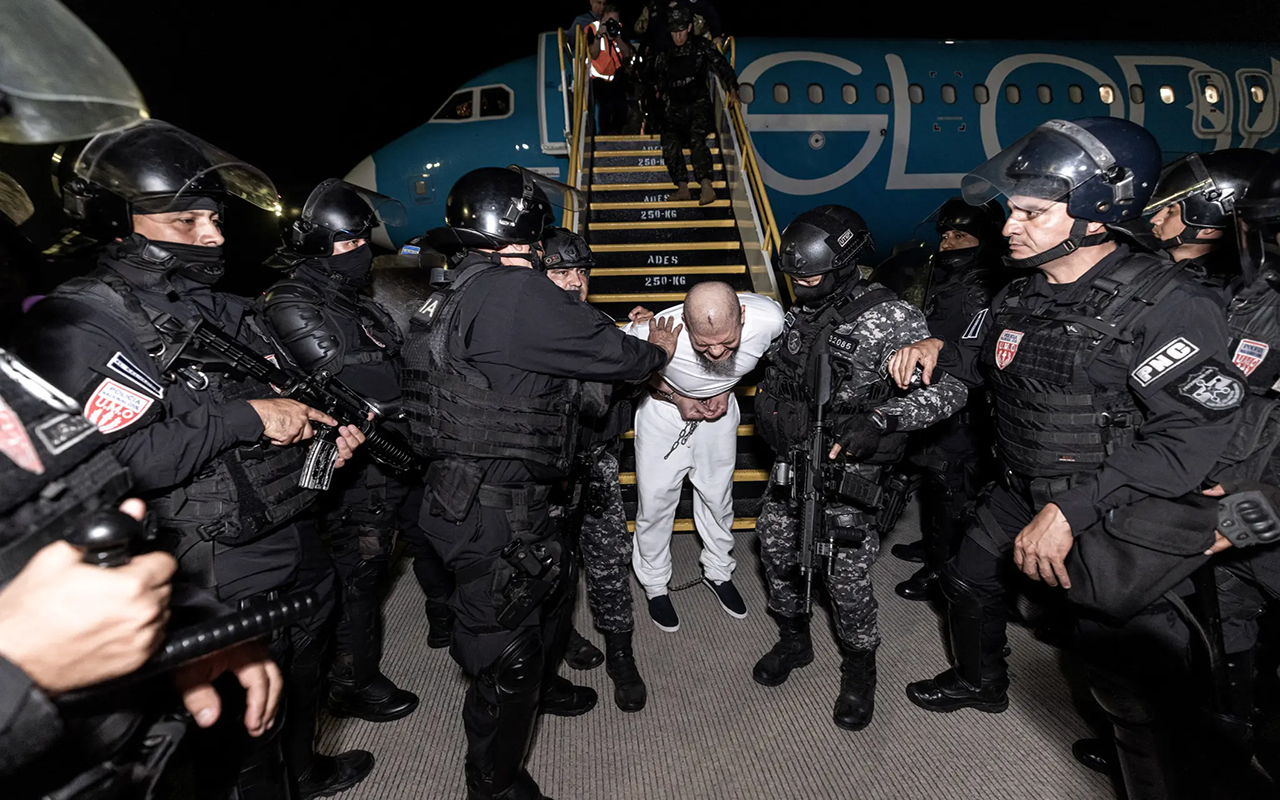
The United States prepares to open its land borders
The U.S. government is opening its land borders with Mexico and Canada for vaccinated people, and for “non-essential” reasons.
After the decision in March 2020 to close its borders for millions of people from places such as the European Union, the United Kingdom, China, India and Brazil [months later] in addition to the land borders with Mexico and Canada, on Wednesday morning, Oct. 13, the White House announced the end of the closure.
You can also read: WHO recommends a third dose of vaccine against COVID
The decision, which will be officially announced in the coming days, will allow people to enter the United States by land, only if vaccinated, to carry out activities considered non-essential. In the same way, the restrictions are still in force until Oct. 21, will be extended until the start date of the new measures.
White House officials pointed out that the opening of these borders, whose closure has generated economic problems and various human crises, will be carried out in two phases:
Vaccination will be a requirement for "non-essential" trips (tourism, family visits), very different in the case of those considered "essential" (which have not been restricted), where vaccination is still not a requirement.
RELATED CONTENT
Regardless of what type of trip it is, by January 2022, all travelers must be vaccinated. This will allow enough time for those who must cross the border for professional reasons to do so without problems.
The White House indicated that the main federal public health agency, the Centers for Disease Prevention and Control, CDC, informed all airlines and border agents that the vaccines allowed for travelers will be those officially approved by the FDA and the World Health Organization (WHO): Pfizer BioNTech, Moderna, Johnson & Johnson, Sinopharm and Sinovac. Astra Zeneca's vaccine, which has not been cleared by the FDA, will also be permissible.
The controversial law created during the Trump admin at the beginning of the pandemic, Title 42,' which allows the deportation of irregular people for health reasons, will remain in place.
It stays despite recent criticism of the violent and massive expulsion of Haitian migrants at the border with Mexico — who were denied the right to asylum.










LEAVE A COMMENT: